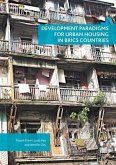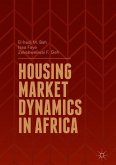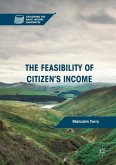The world has still to emerge fully from the housing-triggered Global Financial Crisis, but housing crises are not new. The history of housing shows long-run social progress, littered with major disasters; nevertheless the progress is often forgotten, whilst the difficulties hit the headlines. Housing Economics provides a long-term economic perspective on macro and urban housing issues, from the Victorian era onwards. A historical perspective sheds light on modern problems and the constraints on what can be achieved; it concentrates on the key policy issues of housing supply, affordability, tenure, the distribution of migrant communities, mortgage markets and household mobility. Local case studies are interwoven with city-wide aggregate analysis. Three sets of issues are addressed: the underlying reasons for the initial establishment of residential neighbourhoods, the processes that generate growth, decline and patterns of integration/segregation, and the impact of historical development on current problems and the implications for policy.
"This scholarly and informative study presents a long-term economic perspective on a range of housing and urban policy issues. ... the ways in which the authors have set their thought-provoking research into a wider housing policy context make this a valuable study both for academics and policy-makers." (Robert Smith, International Journal of Housing Policy, Vol. 17 (2), March, 2017)








